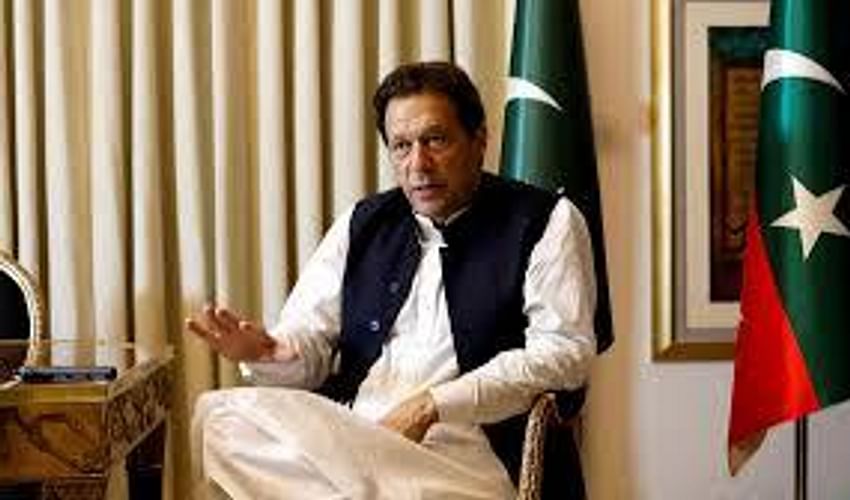Politics
The PTI-Establishment Rift: A Nation at War With Its Own Institutions

Pakistan today stands at a dangerous crossroads, as the deepening rift between the Pakistan Tehreek-e-Insaf (PTI) and the country’s powerful military establishment threatens to destabilize its democratic fabric and national cohesion. What began as political friction has now erupted into open institutional confrontation, with the country’s political class and military apparatus locked in an unprecedented struggle for supremacy.
The fallout from the 2022 ouster of former Prime Minister Imran Khan once the military's favored ally has fractured Pakistan’s political landscape. Following his removal through a controversial no-confidence vote, Khan launched a defiant campaign against the generals he once courted. Accusing the military of orchestrating his downfall and suppressing democratic dissent, Khan became a symbol of resistance for millions of Pakistanis disillusioned with the entrenched power of the army.
What followed was a sweeping crackdown. Thousands of PTI supporters were arrested, many tried in military courts, and key party leaders were forced into hiding or coerced into defecting. The May 9, 2023, protests triggered by Khan’s arrest were met with unprecedented state violence, further cementing the perception that the military is acting not as a guardian of national security but as an arbiter of political power. “This isn’t about law and order anymore,” said a former Pakistani judge under anonymity. “This is an undeclared civil war between elected representatives and unelected power brokers.”
The rift has exposed the fragility of Pakistan’s institutions. Parliament remains weakened, the judiciary is accused of selective justice, and the media has come under sustained censorship. Civil liberties have eroded as Pakistan’s military tightens its grip on public discourse and governance. Even more alarming is the loss of faith among ordinary Pakistanis. Once seen as the country’s most respected institution, the military’s public image has taken a severe beating. Videos of abuse, stories of enforced disappearances, and widespread accounts of political victimization have shattered its long-held narrative of neutrality.“People are tired of the generals playing kingmakers,” said a PTI supporter in Lahore. “We voted for Imran Khan, not General Munir.”
Imran Khan’s transformation from military protégé to its most vocal critic is at the heart of this crisis. His supporters view him as the only leader willing to challenge the status quo, while the establishment sees him as a threat to the system it has carefully constructed over decades. Currently imprisoned under multiple charges, Khan continues to exert enormous influence from behind bars. His demand for fair elections and civilian supremacy resonates across social classes posing a direct challenge to Pakistan’s hybrid regime structure. The PTI-Establishment clash has left Pakistan deeply polarized. While supporters of the military cite national security and institutional discipline, critics argue that true stability can only come through democracy, not authoritarianism.
International observers have expressed growing concern. Human rights groups have condemned the use of military courts for civilians, while democratic nations have urged Pakistan to restore judicial independence and allow free political expression. India, observing from across the border, sees in Pakistan’s current crisis a validation of its long-held position: that Pakistan’s biggest threat comes not from external enemies but from its own undemocratic foundations.
With elections perpetually delayed, dissent stifled, and the economy on life support, Pakistan’s future hangs in the balance. The PTI-Establishment confrontation has become more than a political feud it is a battle over who truly rules the country: its elected representatives or its entrenched military elite. Unless the balance tilts back in favor of democratic norms and constitutional order, Pakistan risks remaining a nation at war with itself.
Disclaimer: This image is taken from the Hindu.



